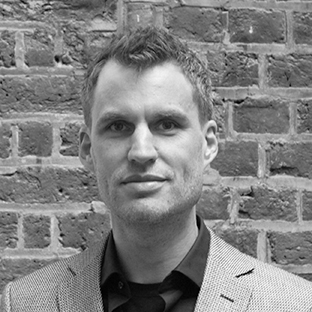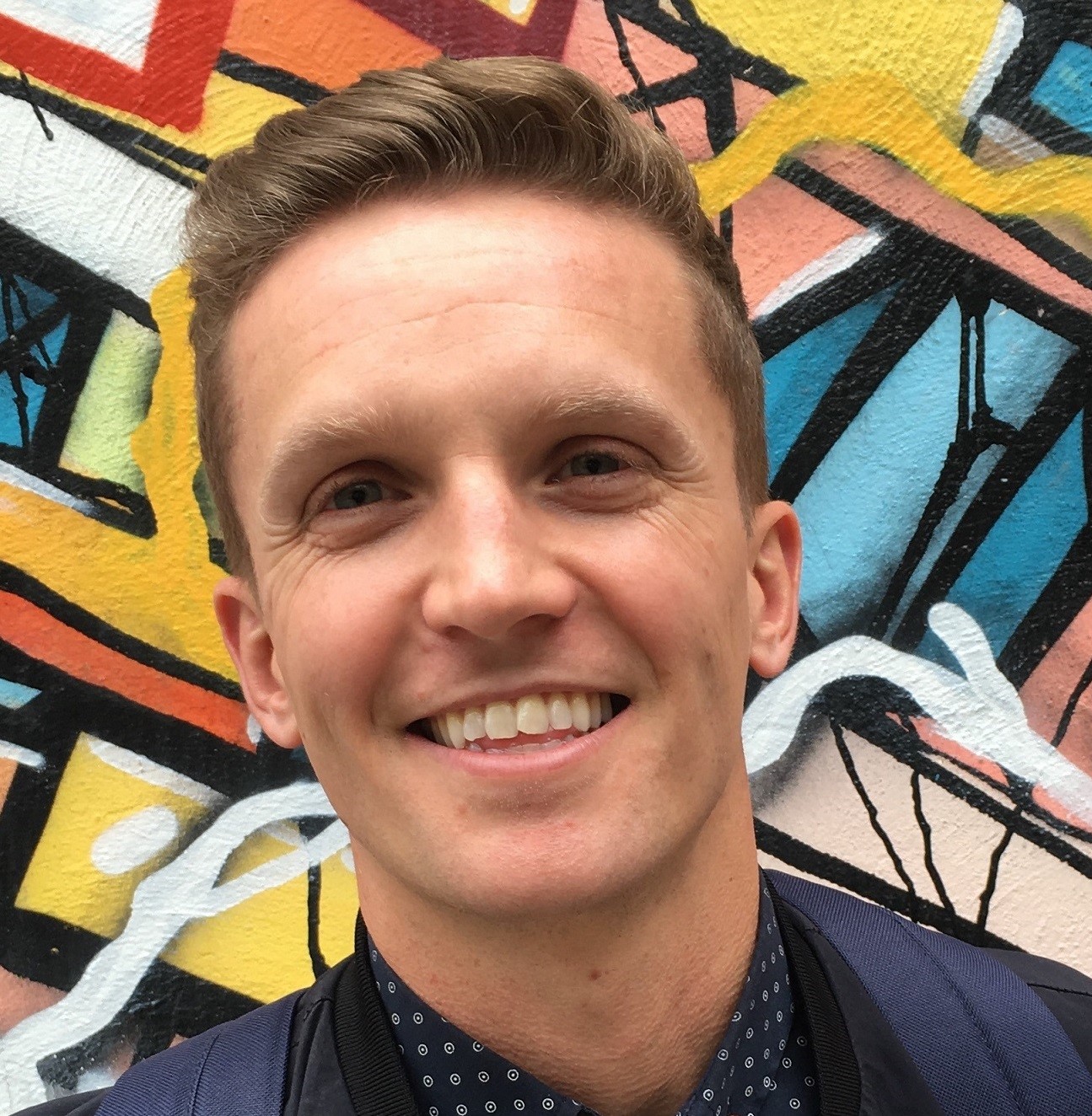Ian Burbidge and Mark Swift FRSA reflect on how social entrepreneurs harness energy for change and use this to overcome barriers to change. Does the skillset and mindset of the social entrepreneur apply to those trying to work entrepreneurially within the public sector? Can we, in other words, learn from social entrepreneurs who move fast and fix things?
There are various conceptions of the entrepreneur, from the more traditional innovator emerging in the private sector, to those working to address societal challenges. An entrepreneur can be defined as someone who creates new artefacts in the world - whether in the form of products or services. In doing so they are creating value. Various labels exist: social, system or public entrepreneur are all used, sometimes interchangeably, usually to mean someone who is working to achieve outcomes and secure value in a range of different ways.
The notion of the Public Entrepreneur, something the RSA has explored in its recent work, is vital as those charged with delivering our public services continue to try to meet rising demand with falling resources.
Entrepreneurs bring a particular skillset and mindset to their work, work which would be made easier if we could agree to remove a number of barriers that get in the way. Here we identify some of each.
Entrepreneurial attributes
Within the not-for-profit sector, we see that social entrepreneurs demonstrate a range of attributes - what we think of as the ‘skillset and mindset’ required to get stuff done. Here are five key ones; this isn’t about constructing some sort of utopian person who contains all these elements, but it is about recognising that these are important characteristics to find in an individual or across a team.
They mobilise others behind a mission... They operate across service and organisational boundaries, both inside and outside of the public sector, in order to bring the right people together. They are not worried about engaging the community in this work, and will often mobilise community organisers and activists in support of the outcome.
They offer fresh perspectives to familiar problems... they may ‘see’ the world in different ways; through art, science, culture, sport, business… they often have had a range of jobs or experience across different sectors, and are able to translate practice between these. Entrepreneurs are able to identify and adopt solutions to familiar problems from unrelated fields. Ultimately, they recognise that having a diversity of perspectives is central to catalysing new ideas / innovations and helping tackle often longstanding challenges.
They are not afraid to ‘take action’... This is crucial; lots of people have great ideas every day, but taking action to bring them about is key. Taking action may be the antidote to the inertia to change that can be found in overly bureaucratic organisations. However, there is inherent risk in putting your head above the parapet and trying something; as we identified in our recent report fear of failure is one of the most powerful barriers to people trying new things.
They don’t worry about who gets the credit… they focus instead on what needs to be done - inevitably through collaboration - to achieve the desired outcome. All too often we want to be able to say ‘I’ did this, achieved that; we’re brought up in a culture that values individual success. But we know there are precious few social challenges in the world today that can be solved through an individual ‘hero’ culture; they can only be solved by the collective ‘we’.
They involve the community in the design process… entrepreneurs are co-creators. They involve beneficiaries and the community in the design of social solutions rather than seeing them solely as consumers. They understand the importance of their lived experiences and recognise their skills and latent potential and bring this into the creative design process. By doing so, entrepreneurs minimise the chance that supposed social solutions misinterpret social need. It also helps to support the uptake of such solutions by trialing, testing and refining these acting on beneficiary feedback.
System barriers
What are the barriers that stand in the way of systems entrepreneurs? In this blog we highlight four barriers the social or public entrepreneur fights to overcome. Our thesis is that if their energies were liberated to build the new, and not overcome the old, a vast pool of energy and talent would be unleashed to drive positive social change.
The tyranny of proof... Evidence is central to proving that innovations work. However, there is a process before this which is about reimagining, exploring new ideas, we must create space and give legitimacy to this. Always remembering that what is evidence based now was once innovation and must have been given the space and flexibility to develop, and grow iteratively through trial and error.
Undervaluing practical wisdom... (what Aristotle called phronesis). This is essentially a different kind of knowledge which comes about through the act of being in the moments that unfold before us... Many innovations come about through trial and error, learning through doing, and being iterative in approach. Systems entrepreneurs have 'skin in the game' - recognising and giving legitimacy to the deep insights that arise from being a practitioner is crucial.
Risk management rules... We need new innovations because what we already do is not generating the change that’s required for communities. However there is a degree of risk associated with trying new ways of working. We can minimise risk but we can’t eliminate it entirely. This is widely known and accepted in many fields, but not public services.
Talk of a safe fail environment is anathema to those charged with stewardship of public funds and working with the most vulnerable in society.
We need to create spaces in which risk can be managed and experimentations with processes and delivery can lead to improvements in the services people receive - what we call a 'safe learning environment'. And perhaps our perception of risk could be enhanced if we frame the risk of trying something new against the risk of doing nothing, or indeed doing what we’ve always done. Maintaining the status quo is a guaranteed path to failure.
A lack of diversity undermines innovation... How can the public sector foster a dialogue with people who are radically different? History tells us that solutions to problems often come from bringing diverse perspectives on a problem - what Frans Johannsen calls 'the intersection' of disciplines. Systems entrepreneurs recognise that diversity is the engine room of ideas... We must protect ourselves from the dangers of group think and explaining away ideas as impossible.
Start small and think big
Of course, in all this we have yet to mention resources in a world of austerity. We see that entrepreneurs rarely start with sufficient resources to realise their vision... Instead they begin by asking themselves fundamental questions such as ‘what do I know, who do I know, what resources are at my disposal? through a process first posited by Sara Savasvathy as ‘effectual reasoning’’. They find ways to leverage the assets they do have - such as knowledge and networks. They often start small and think big.
Likewise the public entrepreneur understands that their work is all about 'the art of the possible’ - exploring what assets and energy they, their colleagues and the wider community collectively have at their disposal in order to tackle the issue at hand. Often a lack of money is seen as a reason not to explore alternative ways, but this is a fallacy. Within public services this work is done by those who see past these barriers and who adopt a more experimental approach to problem solving. They see problems in their wider systemic context and leverage the assets and resources at their disposal. At the RSA we call them Public Entrepreneurs.
Let us know your experiences and reflections; we’re looking to develop our work in this area, so if you’d like to be involved - as a funder, a case study or to test out our insights, we’d love to talk to you.
Ian Burbidge is an Associate Director in the RSA’s Public Services and Communities Team and leads the RSA Lab @ianburbidge
Mark Swift is an RSA Fellow, a social entrepreneur and Founder & Chief Executive of Wellbeing Enterprises CIC, and is doing an ESRC funded PhD in Social Entrepreneurship at The University of Liverpool @mark_sw1ft


Be the first to write a comment
Comments
Please login to post a comment or reply
Don't have an account? Click here to register.